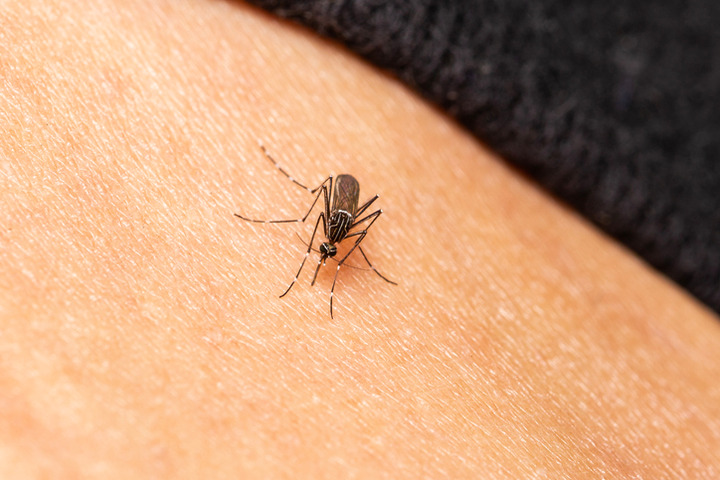Johor: 40 per cent increase in dengue cases over last year
Already in 2023 cases rose by 86.3 per cent compared to 2022. Experts note that weather changes favour the spread of mosquitoes. In April, a trial began on an herbal extract to reduce symptoms.
Johor Bahru (AsiaNews/Agencies) – The number of dengue cases in Malaysia continues to rise.
According to Johor Health and Environment Committee chairman Ling Tian Soon, 11,480 infections have been recorded since the start of the year in Johor State alone, in the southernmost part of the country, up by almost 40 per cent over the same period in 2023.
“The latest statistics highlight a significant public health concern,” he said yesterday in reference to data from the week of 6-12 October noting that the city of Johor Bahru saw one of the main outbreaks.
Dengue is a viral disease transmitted by mosquitoes that starts with an intense fever and in some cases leads to serious complications, in particular internal bleeding.
Last year saw a significant increase in cases, 123,133 nationwide, an increase of 86.3 per cent compared to 2022, when they numbered 66,102.
About a hundred people died from complications from dengue in 2023, 78.6 per cent more than in 2022 (56 cases).
Until August this year, Selangor State had reported the highest number of infections: 47,398 since the start of the year, while the capital, Kuala Lumpur, had recorded 8,392 cases. In the first five weeks of 2024 alone, the increase over 2023 was 65.6 per cent.
In Malaysia, dengue is endemic and reaches its peak between July and August, when the number of mosquitoes increases. However, climate change is worsening the situation and pest control is proving ineffective, especially in urban centres, experts warn.
Professor Sharifa Ezat Wan Puteh, health economics and public health specialist at Universiti Kebangsaan Malaysia, explained that weather fluctuations favour the growth of larvae.
“Urban areas have many potential breeding sites, such as construction sites and residential areas," she said; for this reason, innovative methods are needed to fight the epidemic now, such as using the Wolbachia bacterium or vaccines for children.
In April, the Tropical Infectious Diseases Research and Training Centre (TIDREC) of the University of Malaysia announced the start of a clinical trial involving a remedy based on an extract of the plant Scutellaria baicalensis, used in traditional Chinese medicine and in several East Asian countries to treat various problems and which could counteract dengue’s worst symptoms.
18/01/2023 17:40
26/08/2021 16:43
12/08/2017 18:34







.png)










